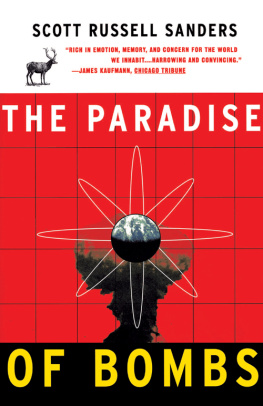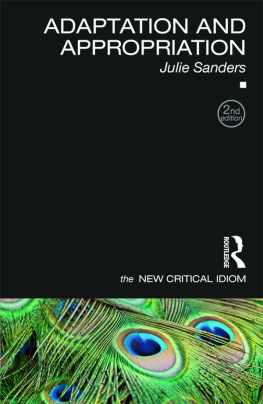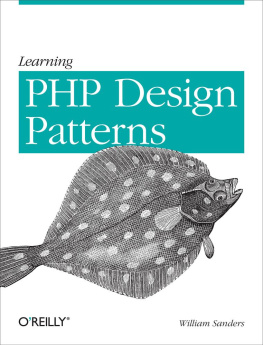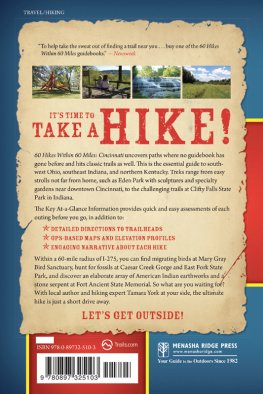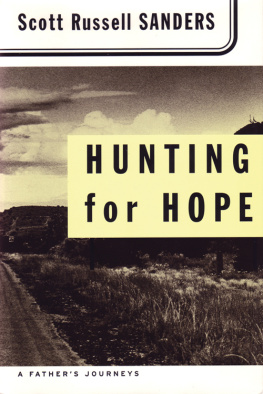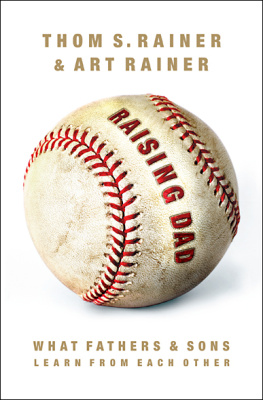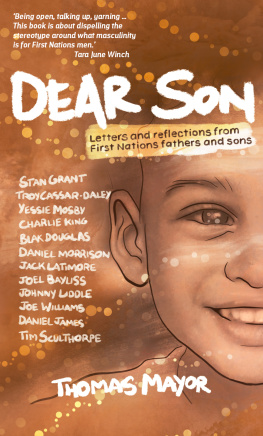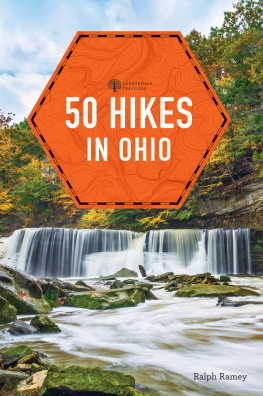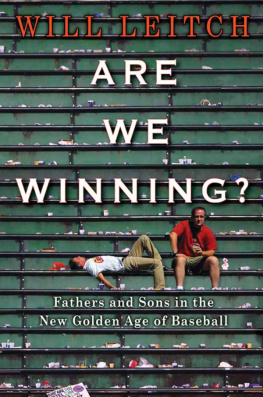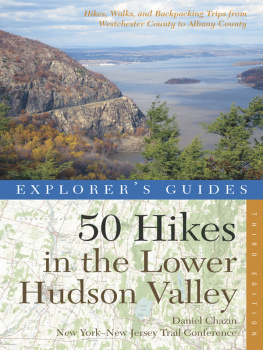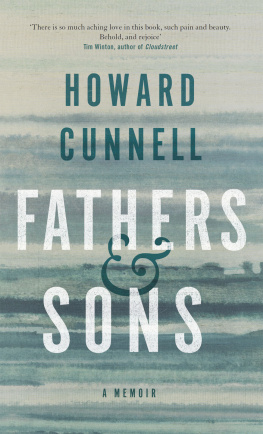Sanders - 1993;2016;
Here you can read online Sanders - 1993;2016; full text of the book (entire story) in english for free. Download pdf and epub, get meaning, cover and reviews about this ebook. City: Boston, year: 1993;2016;1987, publisher: Beacon Press, genre: Detective and thriller. Description of the work, (preface) as well as reviews are available. Best literature library LitArk.com created for fans of good reading and offers a wide selection of genres:
Romance novel
Science fiction
Adventure
Detective
Science
History
Home and family
Prose
Art
Politics
Computer
Non-fiction
Religion
Business
Children
Humor
Choose a favorite category and find really read worthwhile books. Enjoy immersion in the world of imagination, feel the emotions of the characters or learn something new for yourself, make an fascinating discovery.
- Book:1993;2016;
- Author:
- Publisher:Beacon Press
- Genre:
- Year:1993;2016;1987
- City:Boston
- Rating:3 / 5
- Favourites:Add to favourites
- Your mark:
- 60
- 1
- 2
- 3
- 4
- 5
1993;2016;: summary, description and annotation
We offer to read an annotation, description, summary or preface (depends on what the author of the book "1993;2016;" wrote himself). If you haven't found the necessary information about the book — write in the comments, we will try to find it.
1993;2016; — read online for free the complete book (whole text) full work
Below is the text of the book, divided by pages. System saving the place of the last page read, allows you to conveniently read the book "1993;2016;" online for free, without having to search again every time where you left off. Put a bookmark, and you can go to the page where you finished reading at any time.
Font size:
Interval:
Bookmark:


Winner of the Associated Writing Programs
Award for Creative Nonfiction
For George and Barbara Morgan,
guides to the worlds inwardness
But ask now the beasts, and they shall teach thee;
And the birds of the air, and they shall tell thee:
Or speak to the earth, and it shall teach thee.
Job 12: 78
Could a greater miracle take place than for us to look
through each others eyes for an instant?
Henry David Thoreau
I am especially grateful to Robley Wilson, Jr., editor of The North American Review, for giving a home to so many of these essays, including earlier versions of At Play in the Paradise of Bombs, Cloud Crossing, Coming from the Country, Death Games (under the title Bang, Bang, Youre Dead), Digging Limestone, Doing Time in the Thirteenth Chair, The Inheritance of Tools, In Stone Country, and Listening to Owls. Feasting on Mountains originally appeared in Inprint, and The Men We Carry in Our Minds in Milkweed Chronicle.
T he pieces gathered in this book are essays, by which I mean they are experiments in making sense of things, and they are personal, by which I mean the voice speaking is the nearest I can come to my own voice. For me the writing of a personal essay is like finding my way through a forest without being quite sure what game I am chasing, what landmark I am seeking. I sniff down one path until some heady smell tugs me in a new direction, and then off I go, dodging and circling, lured on by the calls of unfamiliar birds, puzzled by the tracks of strange beasts, leaping from stone to stone across rivers, barking up one tree after another. The pleasure in writing an essayand, when the writing is any good, the pleasure in reading itcomes from this dodging and leaping, this movement of the mind.
It must not be idle movement, however, if the essay is to hold up; it must yield a pattern, draw a map of experience, be driven by deep concerns. The surface of a river is alive with lights and reflections, the breaking of foam over rocks, but underneath that dazzle it is going somewhere. We should expect as much from an essay: the shimmer and play of mind on the surface and in the depths a strong current.
Most of the fashions in fiction of the past twenty years have led away from candortoward irony, satire, artsy jokes, close-lipped coyness, anything but a serious, direct statement of what the author thinks and feels. If you bide behind enough screens, no one will ever hold you to an opinion or demand from you a coherent vision or take you for a charlatan. The essay appeals to me because it is not hedged round by these literary inhibitions. You may speak without disguise of what moves and worries and excites you. If the words you put down are foolish, then at least everyone knows who the fool is.
Reading back through this book, I find myself brooding in essay after essay on the origins of violence, especially that collective madness we call war; on the ways we inhabit the land; on our fellowship with animals; on the use of hands; on the tangled legacy of maleness; on the mysterious gravitation of love. But such an abstract listing of themes is misleading, for the essays themselves deal only in the concrete and particular. They are narratives; they speak about the world in stories, in terms of human actions and speech and the tangible world we inhabit. I have written of things that haunt meowls and hammers and guns and deer. I have described the quarrying of limestone and the building of rockets and the coddling of babies. I have told about climbing mountains and serving on a jury; about growing up on a military base and working on farms, fixing machines and breaking hearts; about the terror of taxis, the mystery of menus, the intricate dance of nature.
Some years ago I lived for a spell in Louisiana, near the Gulf of Mexico. After hurricanes, as I drove through the rice paddies that stretched flat to the edge of the world, I would find refrigerators and bathtubs scattered over the fields where the high waters had flung them. Just so, the subjects of these essays have lodged in my mind. They are what I find, what I cannot ignore, the images and memories that gleam in the landscape of consciousness, like those bathtubs and refrigerators gleaming white against the dark green of rice paddies. Wherever they come from, they are bound together by the flood that lifted and carried them and exposed them to view.
By dealing with matters that move and trouble me, these essays are personal without being, except incidentally, autobiographical. I write of my own life only when it seems to have a larger bearing on the lives of others. Thus I tell what it was like to grow up in a military arsenal because I am convinced we all now live in an armed camp. I tell of my fathers death because it focused for me lessons about the virtue and fragility of human skill, I tell of puzzling over what it means to be a man because the spectacle of women waking to their own full powers has pushedor should have pushedall men to such puzzling. I tell of sitting as a juror in a drug trial because the experience made me realize how we are bound to err in our judgments of one another. Mostly, however, I write in a personal voice about the impersonal, the not-me, for the world is a larger and more interesting place than my ego. Put another way, these essays are my effort at remembering where we truly livenot inside a skull, a house, a town or nation, not inside any human creation at all, but in the creation.
The dance of nature has been on peoples minds more than usual lately, with the ballyhooed return of Halleys Comet. Surely it is a greater marvel, I tell myself, for my heart to beat sixty times a minute than for a ball of ice to swing around the sun every seventy-six years. Still, whenever I look at the sky these nights, I find my skeptical heart kicking up into a faster pace, A few cold evenings ago, my wife, daughter, son, and I walked to the park near our home to look for Mr. Halleys wonder. The newspaper had announced that an astronomer would be there to help people find the comet, so a crowd had gathered. The four of us huddled together among strangers in the knifing cold darkness and searched the sky with binoculars. We had only the vaguest notion where to look. I calculated that my son and daughter, at eight and twelve years old, would have a chance of seeing the comet on its next visit, in 2062. I knew this would be my only season.
Does anyone need help? a voice called from the crowd.
The Sanders family gave a shout. Presently a man loomed out of the darkness, his face a disk of shadow under a parka hood, and he gave us directions for looking. His words drew imagined lines on the sky for us, beginning with Jupiter down near the western horizon, swinging up to the Great Square in Pegasus, back to the Y-shaped Water Jar in Aquarius, and so on star by star until our gaze reached a tiny blur of light. Thats Halleys Comet, said the astronomer, and he drifted away to help other searchers.
We took our turns at the binoculars, mother and daughter, father and son.
Thats the comet? said my daughter when her turn came. That little smudge? Thats all?
Where is it? my son cried. I cant see it. Everythings fuzzy.
I pointed, aimed the binoculars for him, but still he could not find the firefly in the glitter of stars. He was trembling. I squatted down and took his face in my hands to guide his looking and whispered directions in his ear.
Font size:
Interval:
Bookmark:
Similar books «1993;2016;»
Look at similar books to 1993;2016;. We have selected literature similar in name and meaning in the hope of providing readers with more options to find new, interesting, not yet read works.
Discussion, reviews of the book 1993;2016; and just readers' own opinions. Leave your comments, write what you think about the work, its meaning or the main characters. Specify what exactly you liked and what you didn't like, and why you think so.

